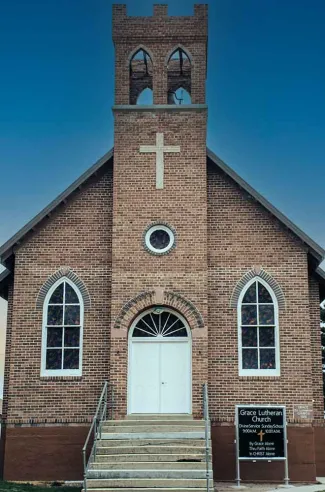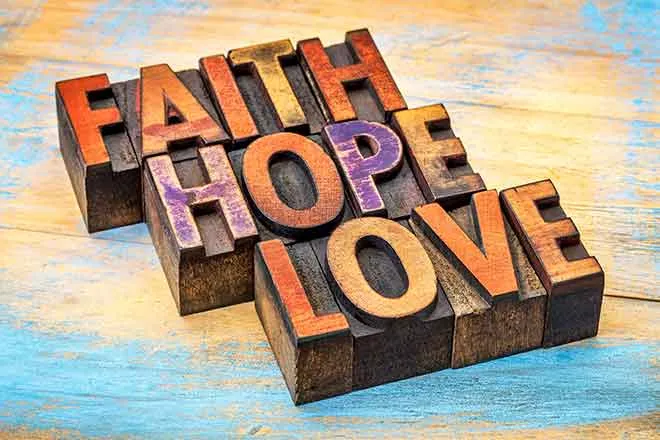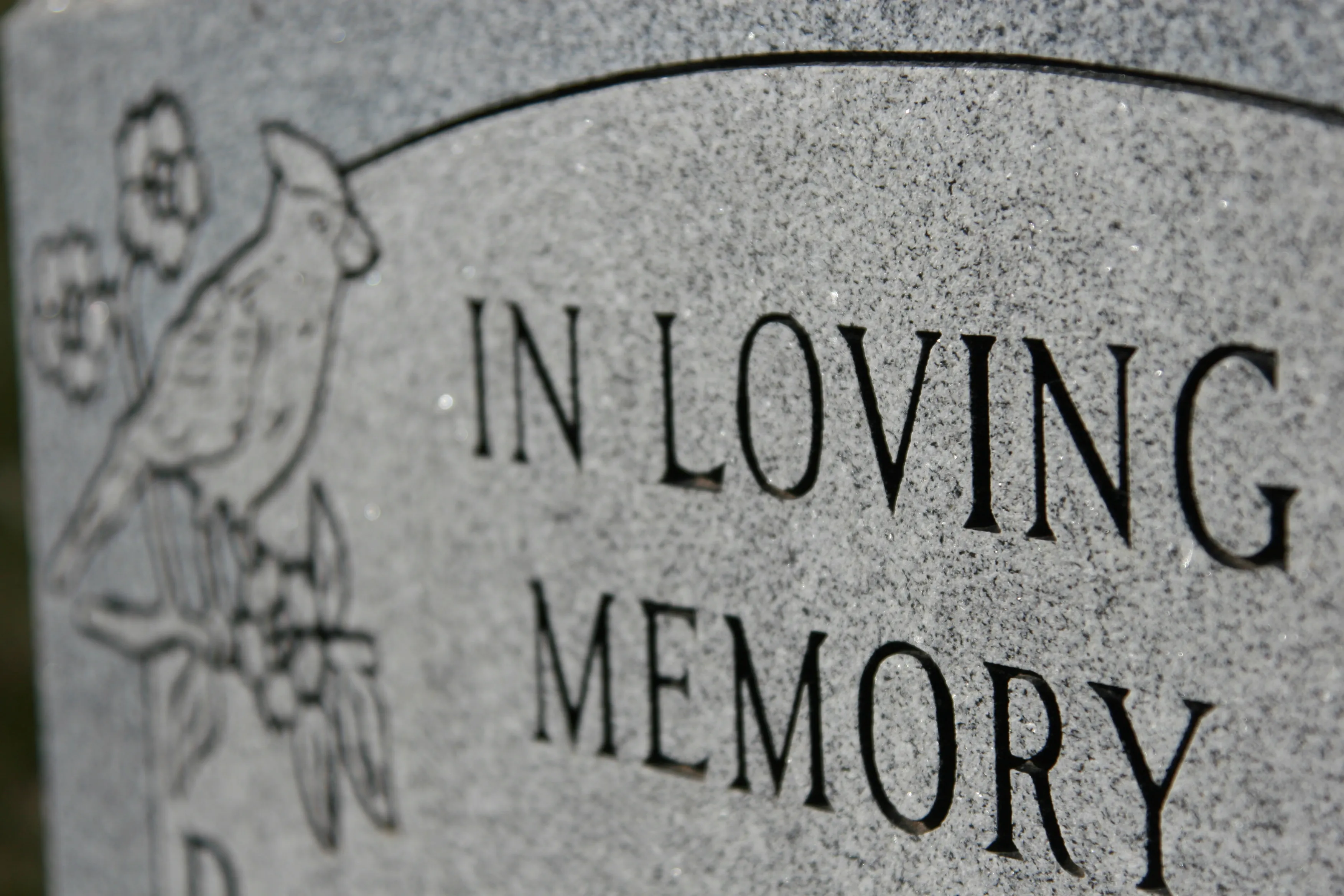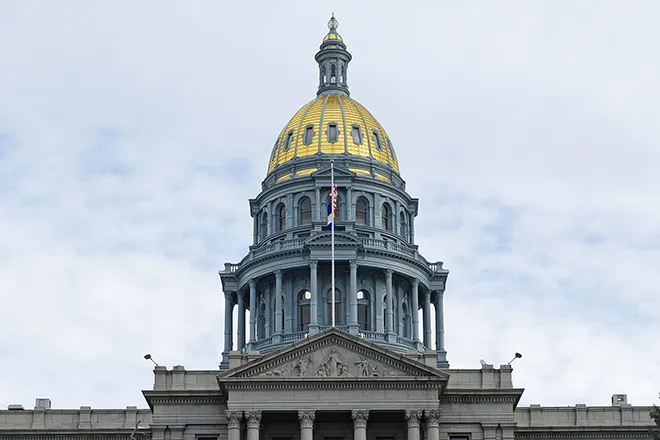
Grace Lutheran Church Weekly Devotion - 1 Corinthians 8:1–13
1 Corinthians 8:1–13

Food offered to idols sounds strange to us. However, ceremonial sacrifice was part of the religious ritual in ancient Corinth and in Jerusalem as well. The food was not always burned to a crisp, the meat often ended up as we say, “barbecued.” The point is simply that at pagan temples people could pick up cooked meat, like some fried chicken at the grocery store. In the Book of Leviticus, the Lord instructed the leftovers were to be given to the priests. There were times when those offering the sacrifice shared in a ritual meal. The Jewish Passover, which is still celebrated today, upholds parts of this ritual eating of what was sacrificed. For Christians, in the Lord’s Supper we are invited to share and be united with the sacrifice. Of course, it is not a lamb roasted on the altar, but the Lamb of God who was consumed in wrath and love on the cross for us.
The problem arose in that because of someone’s weak conscience, people were taking offense at those eating food offered to idols. So, Saint Paul lays down a Christian principle which can be applied to situations in our 21st century lives today. According to Paul’s example, what we eat or do not eat, does not change our relationship with God. Which means for us today, “what we do or do not do cannot make us any holier in the sight of God.” We are saved by grace alone, for Christ’s sake alone, through faith alone. God’s pure and undeserved grace which brings us into a saving relationship with Him also brings us into communion with one another. It is God’s will that all people should be saved: Your heavenly Father is their Father. Everything God gave His Son to accomplish for you—He wants for your brother and sister too.
Paul tells us that if what we eat or drink causes a brother or sister in Christ to stumble into some sort of sin, then we ourselves have sinned against our brother, and against Christ. Yet, through our Christian freedom we have hurt a weak brother or sister in Christ who was struggling in a certain area of their life, without even knowing we did. But even for those times, Paul has good news in our text today. There is no other sacrifice, no meat that needs to be offered up to God, no other false gods or idols are allowed. We have only one God, one Lord, one Savior, and His name is Jesus. Jesus died for our brother or sister in the Church. Christ went through the beatings, the bloodshed, the agony of the cross to become the onetime, once for all, sacrifice for the world. By His sacrificial death He forgives us all. And as He sacrificed Himself for us, He wants us to sacrifice our rights for others. Because of Jesus, I am free to exercise my Christian freedom; but because of Jesus and my love for “the brother for whom Christ died,” this time I will not, in the name of the Father and of the Son and of the Holy Spirit: Amen.
825 North 1st West
Cheyenne Wells, CO, 80810-0728
Sunday Service begins at 9:00AM















